The Other Boleyn Girl Filming Locations in Kent
Kent has long been a favourite backdrop for historical dramas, and The Other Boleyn Girl (2007) is no exception. While the story follows the rivalry between Anne and Mary Boleyn as they compete for the affections of Henry VIII, several key scenes were filmed across Kent’s most impressive heritage sites.
From Tudor manor houses to mighty medieval fortresses, here are all the Kent locations that featured in the film - and how you can visit them today.
Knole House, Sevenoaks
Used for: The exterior of the Palace of Whitehall and 16th century London rooftops
Location: Knole House, Knole Lane, Sevenoaks TN15
One of England’s largest Tudor houses, Knole House appears extensively in the film as the exterior of the Palace of Whitehall, Henry VIII’s grand London residence. The 600-year-old estate doubles for the vast royal palace in multiple shots, helped by its scale, authenticity and remarkably preserved Tudor architecture.
Knole is open to the public and sits within 1,000 acres of deer-roamed parkland. Its atmospheric courtyards, carved stonework and historic state rooms make it an ideal visit for fans of Tudor history and period dramas. The house has also featured in Burke and Hare, Pirates of the Caribbean: On Stranger Tides, and The Other Boleyn Girl’s 1969 counterpart, Anne of the Thousand Days.
Knole House in Knole Park
Penshurst Place, near Tonbridge
Used for: Baron’s Hall at Whitehall Palace and the palace gardens
Location: Penshurst Place, Penshurst, Tonbridge TN11
One of the finest fortified manor houses in England, Penshurst Place provided several key interiors for the film. The most recognisable is the imposing Baron’s Hall, where Anne Boleyn returns from France and boldly flirts with Henry VIII during a lavish banquet scene.
The magnificent medieval hall, original to the 14th century, retains its hammerbeam roof and authentic Tudor atmosphere. Penshurst Place’s gardens also appear as the royal palace gardens in the film. Visitors can explore the manor, its formal gardens and extensive estate grounds year-round.
A regular star in films: Dover Castle
Dover Castle
Used for: The Tower of London (imprisonment of Anne and George Boleyn)
Location: Castle Hill Road, Dover CT16
One of Kent’s most iconic landmarks, Dover Castle stands in for the Tower of London during the darkest moments of Anne Boleyn’s story. The castle’s formidable medieval keep, battlements and atmospheric inner wards make it a convincing substitute for the historic Tower, which is rarely available for filming.
Here, the film depicts Anne and her brother George’s imprisonment and the grim lead-up to their executions. Dover Castle is open to visitors and features a wealth of exhibitions, medieval rooms, tunnels and commanding views over the Channel.
Its film credits also include Hamlet (1990), To Kill a King, Lady Jane, and Into the Woods (2014).
Hever Castle, near Edenbridge
Anne Bolyen’s actual childhood home, Hever Castle
Used in The Other Boleyn Girl (1969)
Location: Hever Road, Hever TN8
While Hever Castle does not feature in the 2007 film, it is deeply connected to the Boleyn story and was used in the earlier 1969 production, Anne of the Thousand Days. As the actual childhood home of Anne and Mary Boleyn, Hever Castle is an essential stop for fans wanting to explore their real history.
Set within stunning grounds, the castle offers exhibitions, Tudor artefacts and beautifully preserved interiors that explore the Boleyn family’s time here.
Kent’s historic estates, gardens and castles offer a unique insight into the Tudor world that shaped Anne Boleyn’s life. Whether you're a fan of the film, a Tudor history enthusiast or simply looking for memorable days out, these filming locations are among the most remarkable heritage sites in South East England.





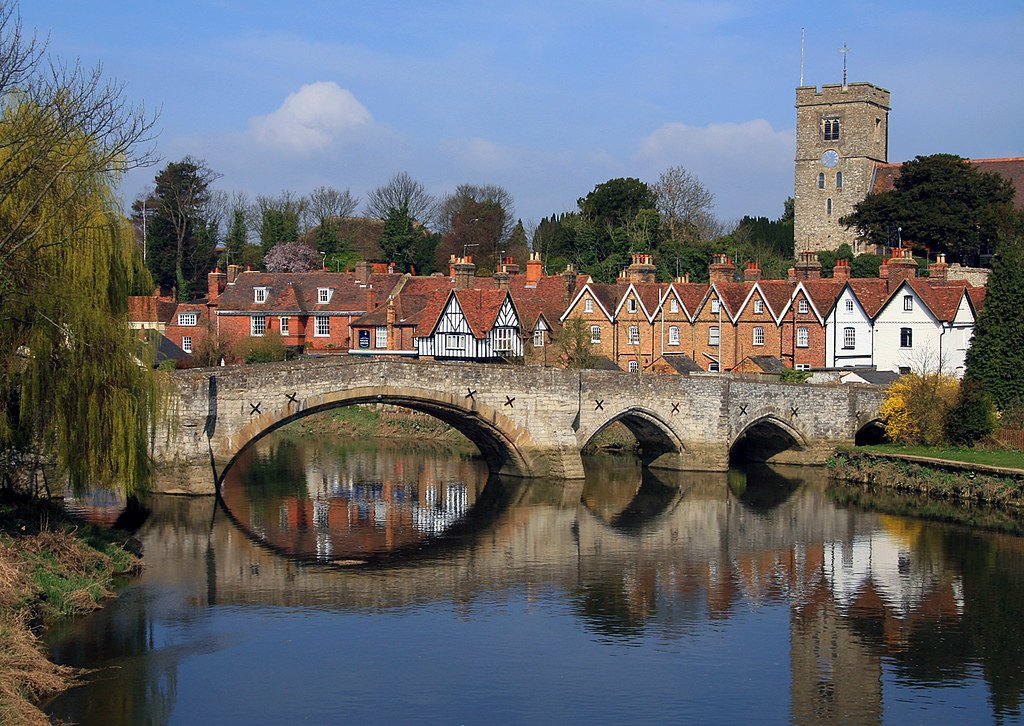



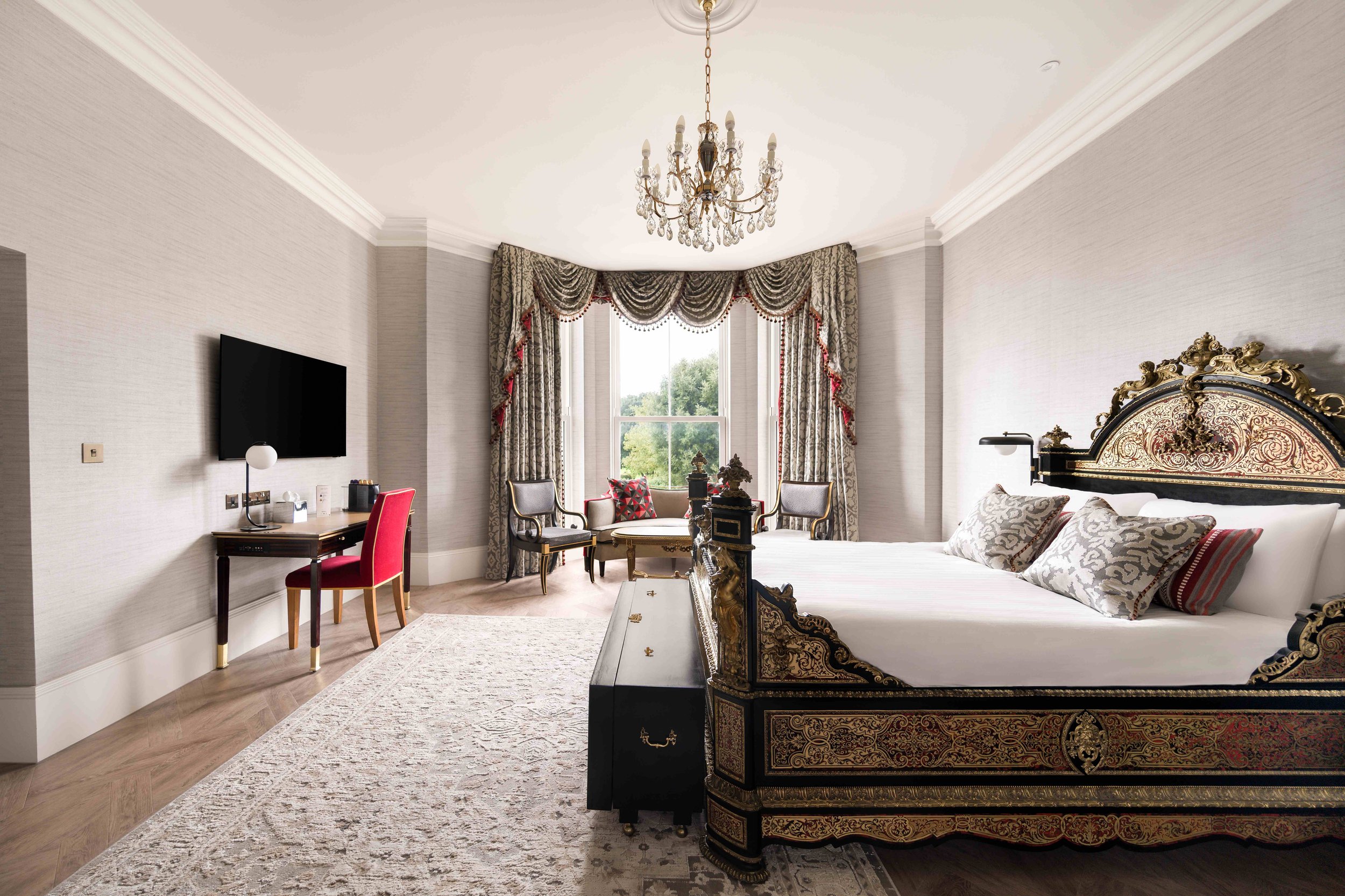

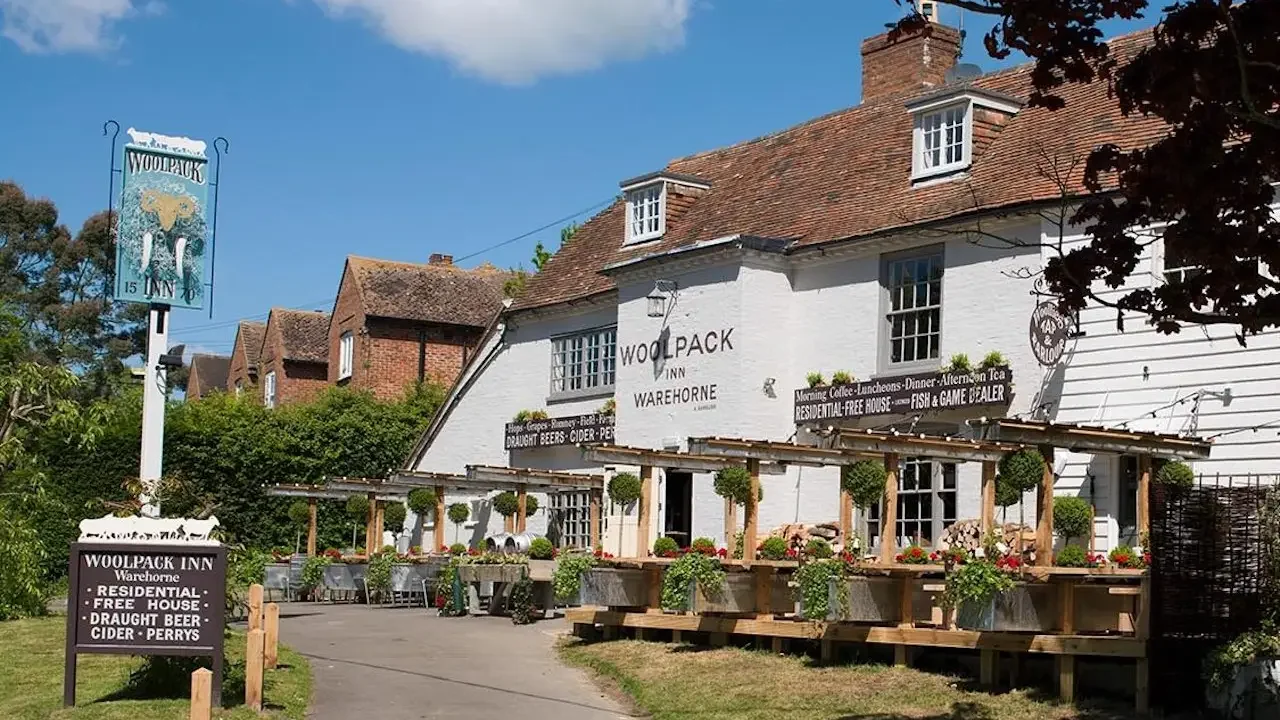
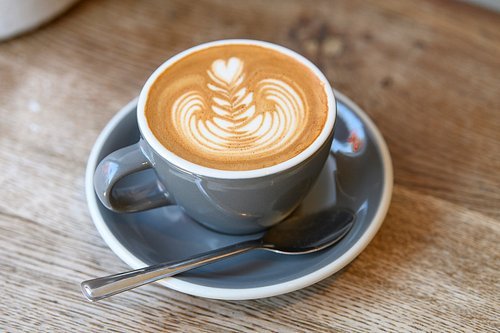
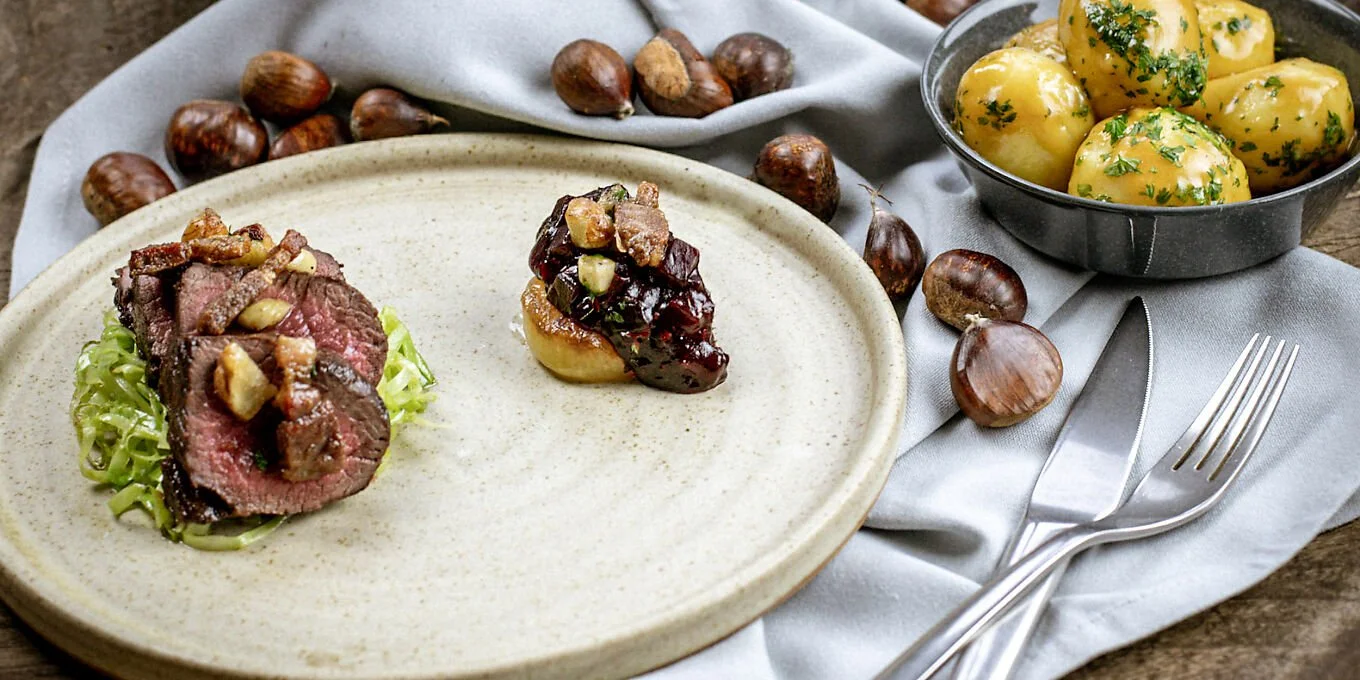
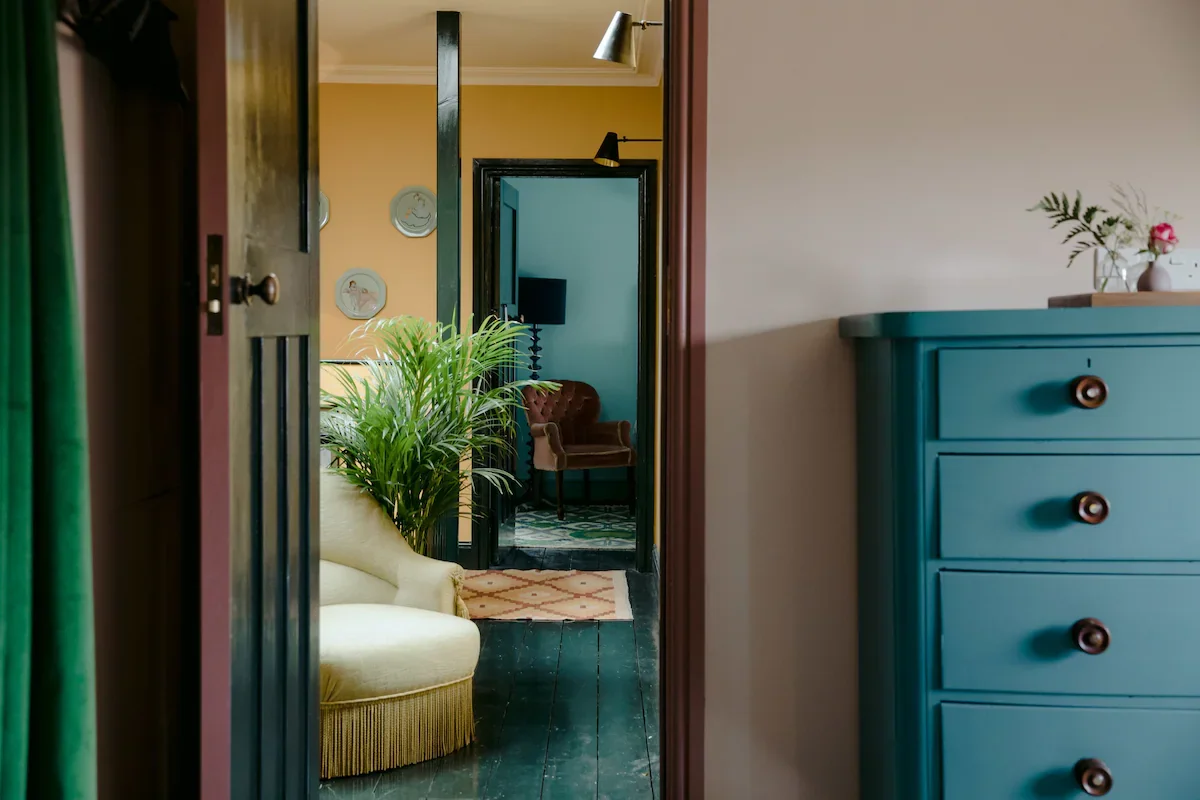
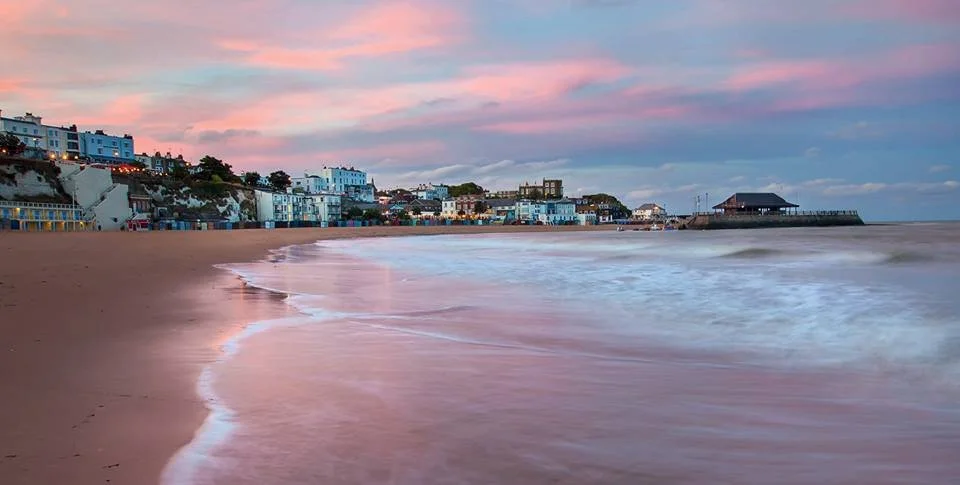
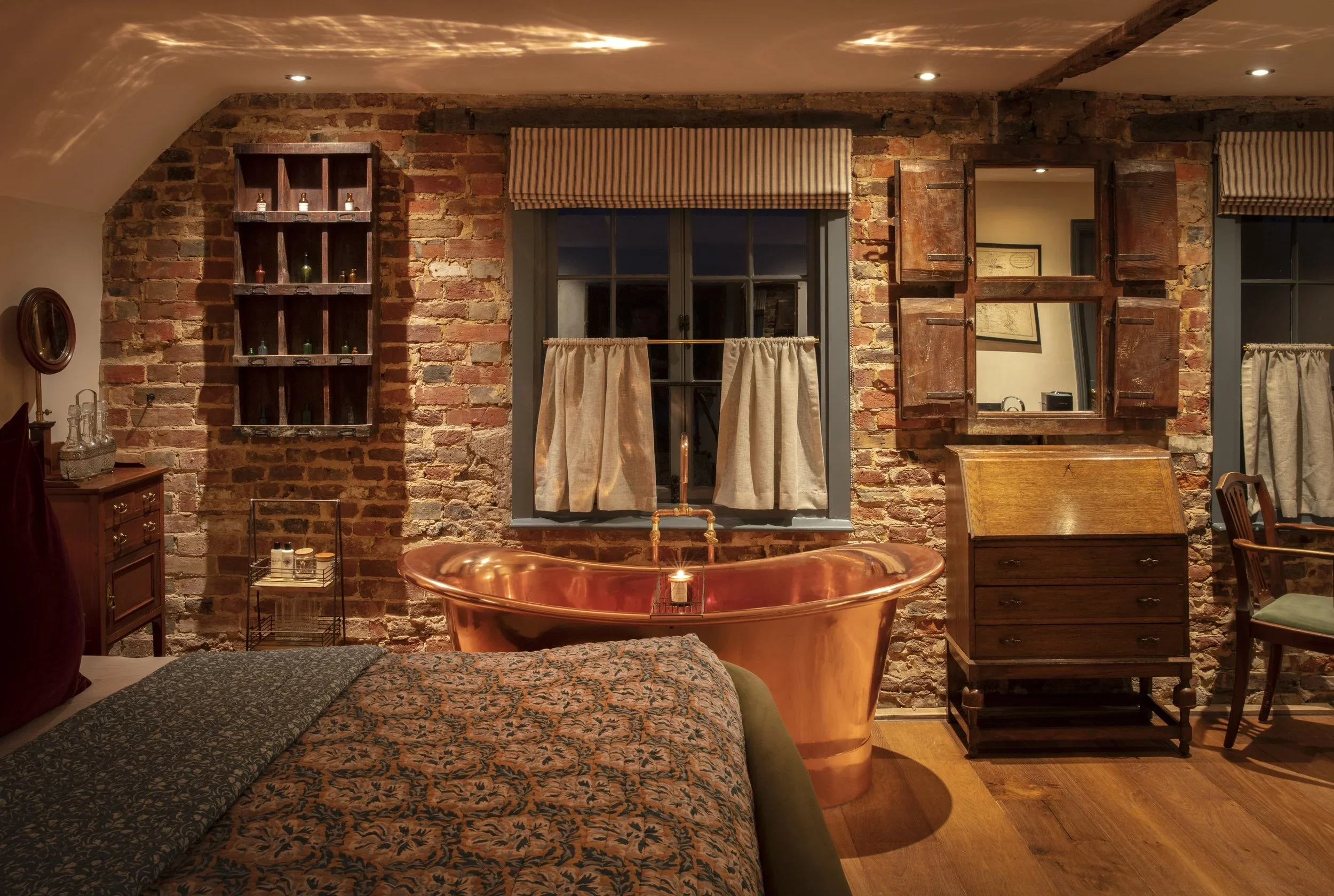









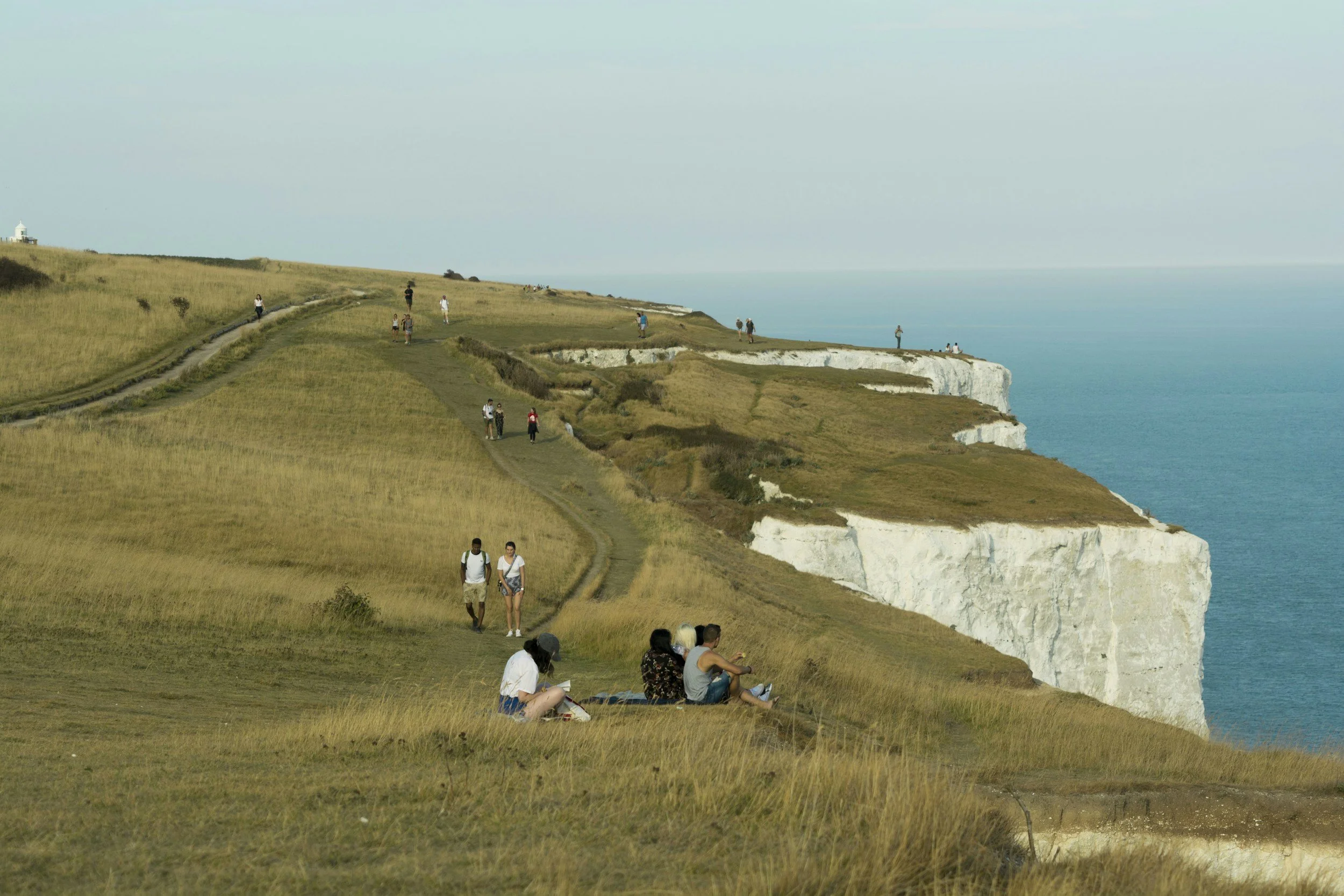
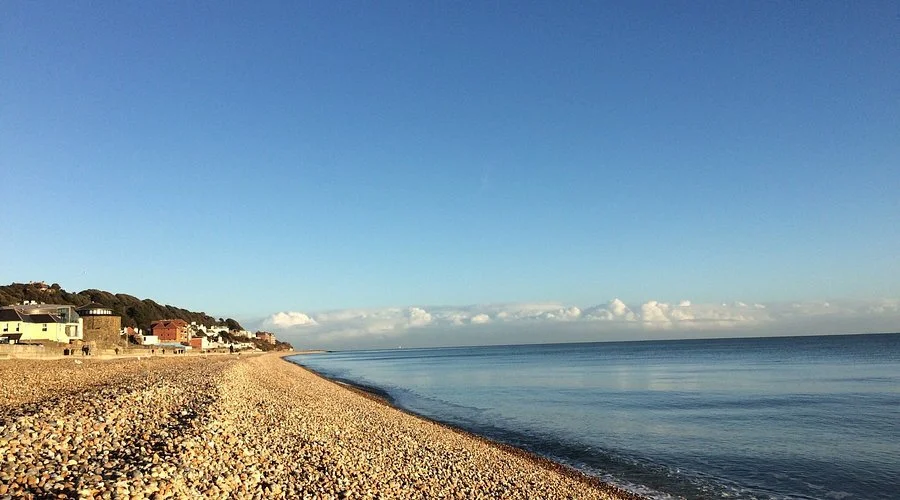
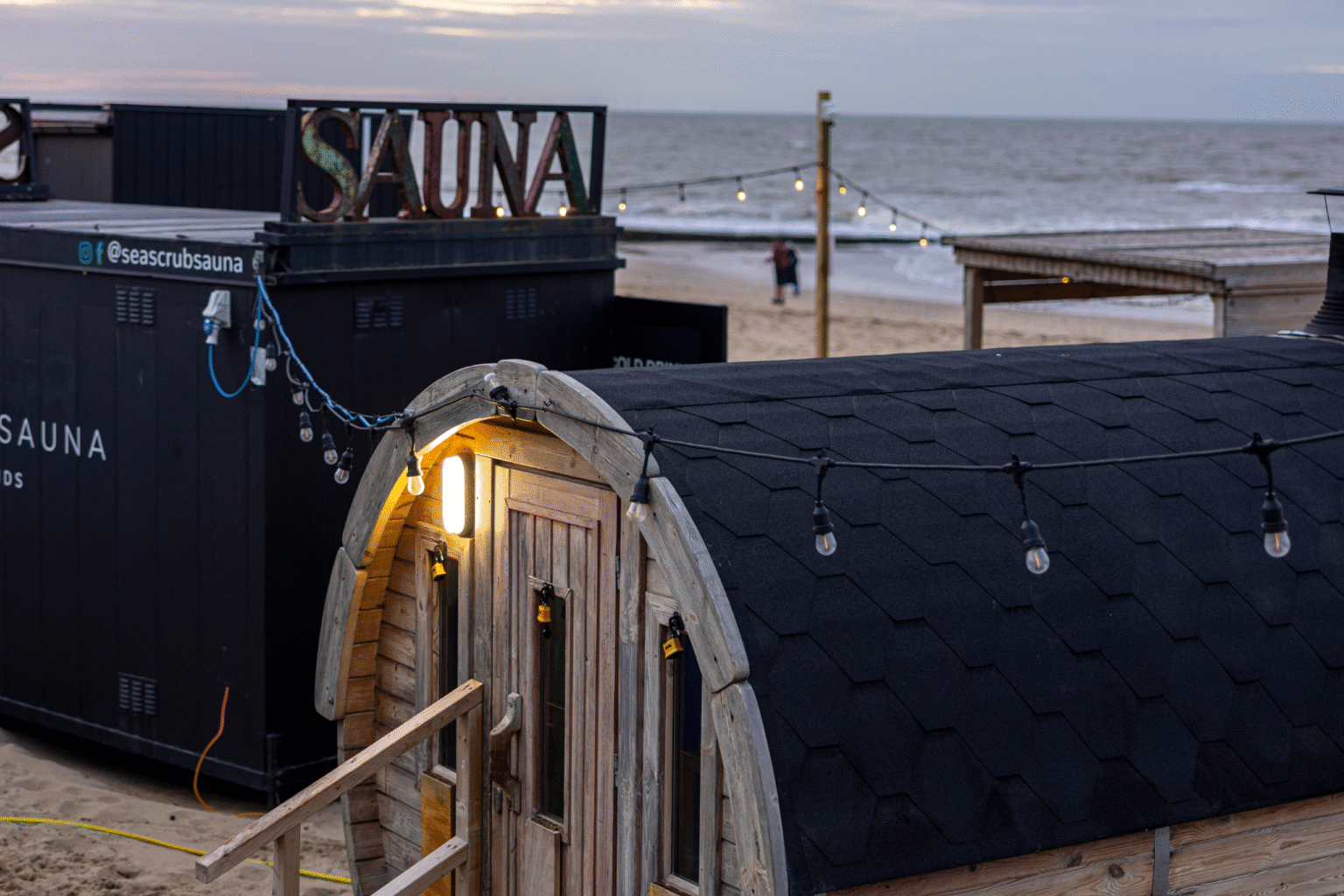
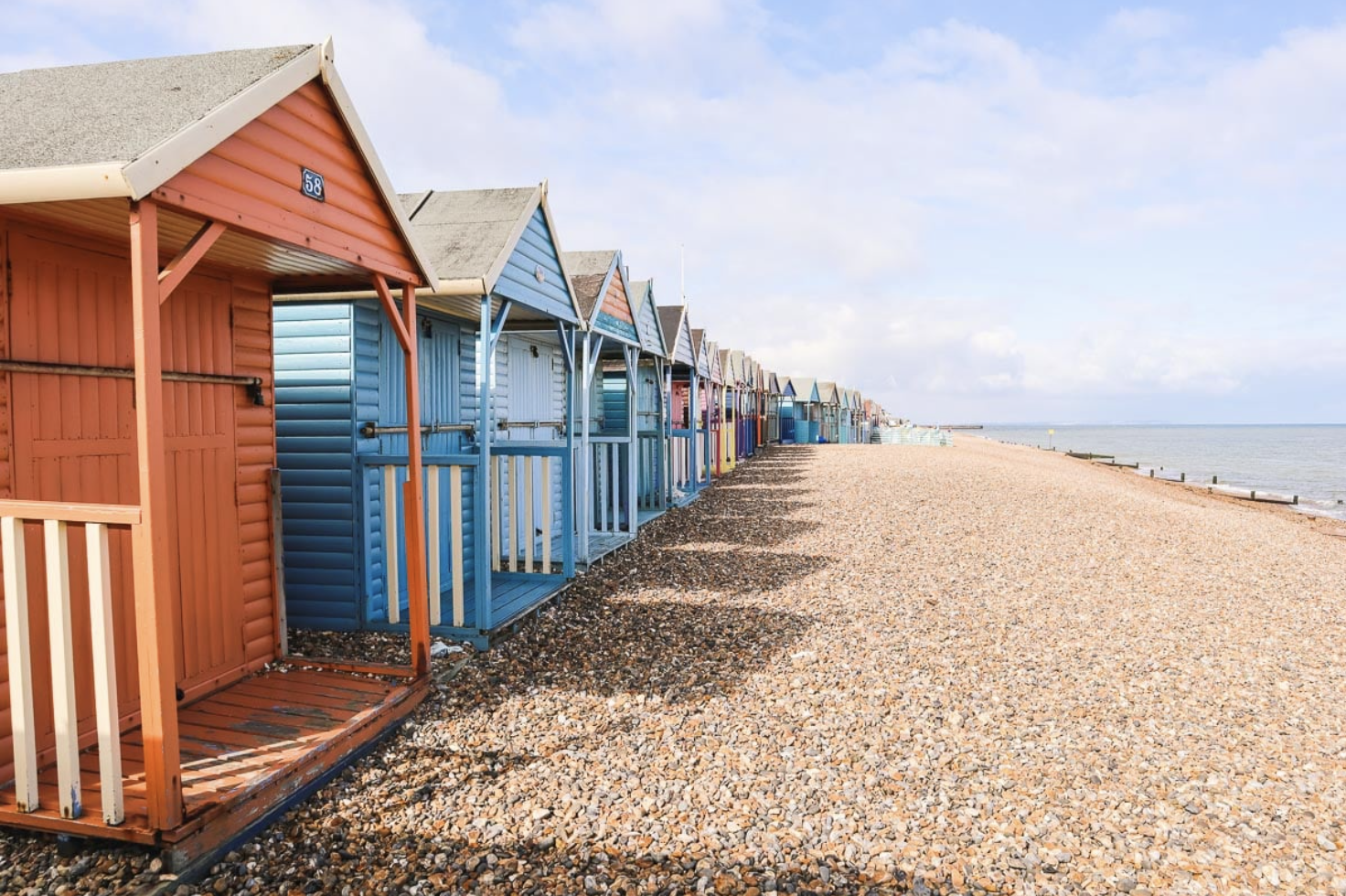
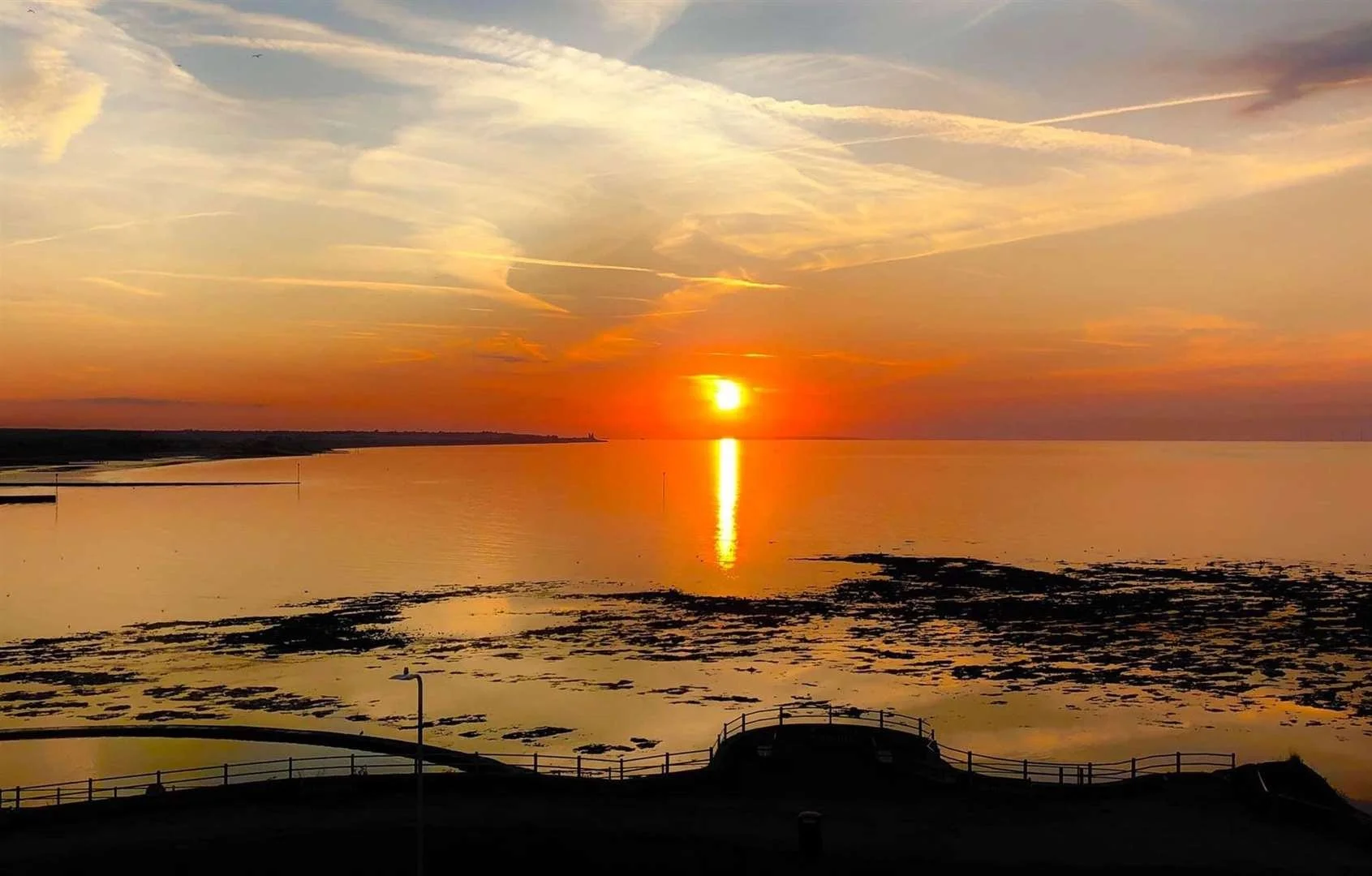
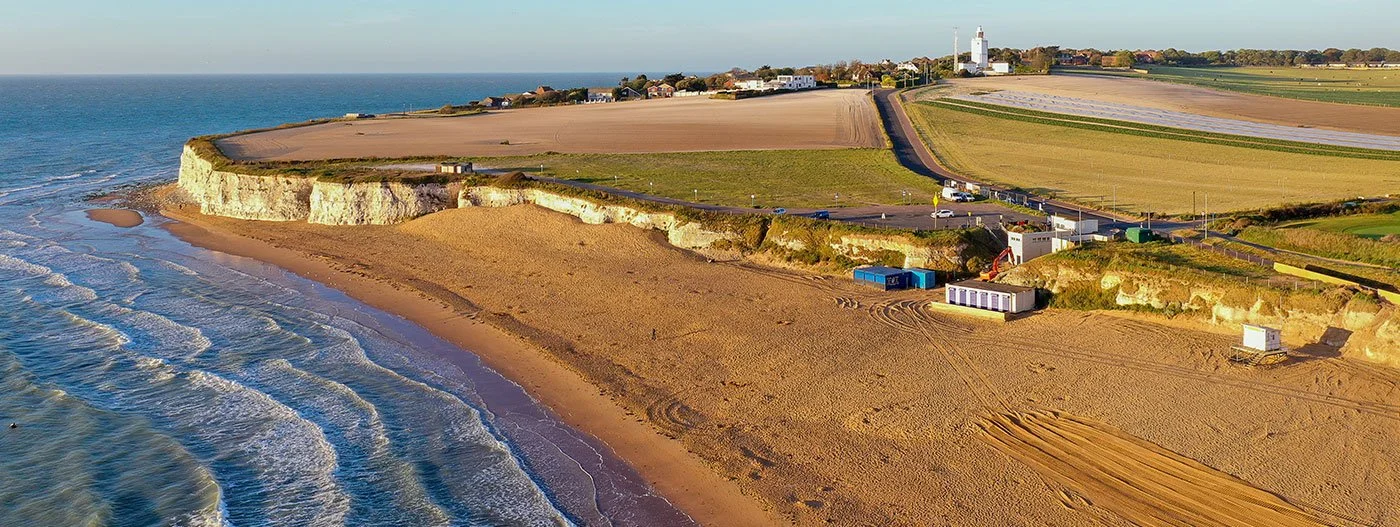

Our guide to the best pubs in Sevenoaks is here and it won't disappoint.